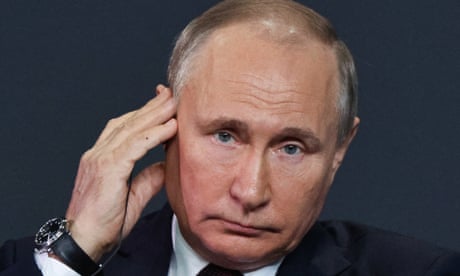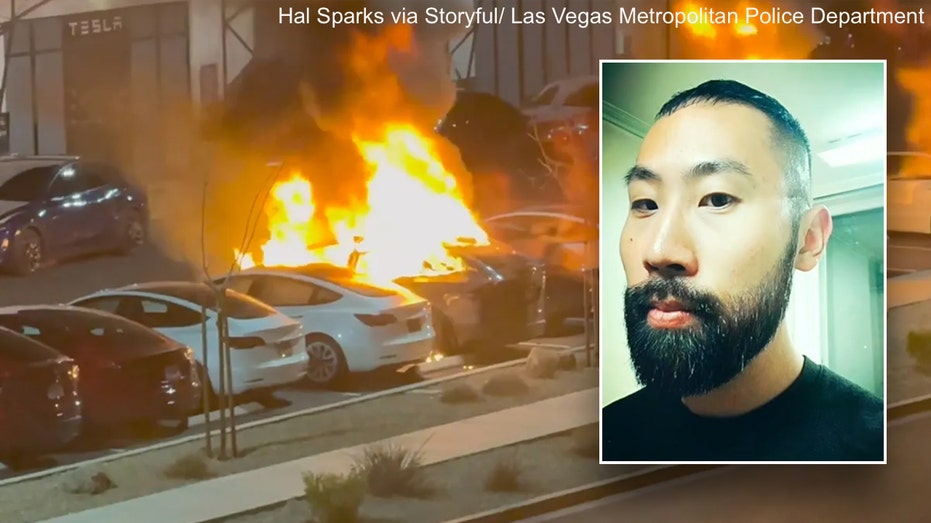- by foxnews
- 28 Mar 2025
Is Vladimir Putin a war criminal, and who decides?
Is Vladimir Putin a war criminal, and who decides?
- by theguardian
- 18 Mar 2022
- in news

But declaring someone a war criminal is not as simple as just saying the words. There are set definitions and processes for determining who is a war criminal and how they should be punished.
The term applies to anyone who violates a set of rules adopted by world leaders known as the law of armed conflict. The rules govern how countries behave in times of war.
Those rules have been modified and expanded over the past century, drawn from the Geneva conventions in the aftermath of the second world war and protocols added later.
The rules aim to protect people not taking part in fighting and those who can no longer fight, including civilians such as doctors and nurses, wounded troops and prisoners of war. Treaties and protocols lay out who can be targeted and with what weapons. Certain weapons are prohibited, including chemical or biological agents.
The most likely way that Putin could come to be defined as a war criminal is through the widely recognised legal doctrine of command responsibility. If commanders order or know or are in a position to know about crimes and did nothing to prevent them, they can be held legally responsible.
Generally, there are four paths to investigate and determine war crimes, though each one has limits. One is through the ICC.
A second option would be if the UN turns its work on the inquiry commission over to a hybrid international war crimes tribunal to prosecute Putin.
A third would be to create a tribunal or court to try Putin by a group of interested or concerned states and groups, such as Nato, the EU and the US. The military tribunals at Nuremberg against Nazi leaders are an example.
Finally, some countries have their own laws for prosecuting war crimes. Germany, for example, is already investigating Putin. The US does not have such a law, but the justice department has a section that focuses on acts including international genocide, torture, recruitment of child soldiers and female genital mutilation.
Yes. From the tribunals in Nuremberg and Tokyo to more recent ad hoc hearings, senior leaders have been prosecuted for their actions in countries including Bosnia, Cambodia and Rwanda.
- by foxnews
- descember 09, 2016
Flight passenger says traveler sent $150 over Venmo in swap for aisle seat
A flight passenger says a fellow traveler who wanted to sit next to his friend paid $150 through Venmo to switch a middle seat for an aisle seat. Social media users joined the debate.
read more


